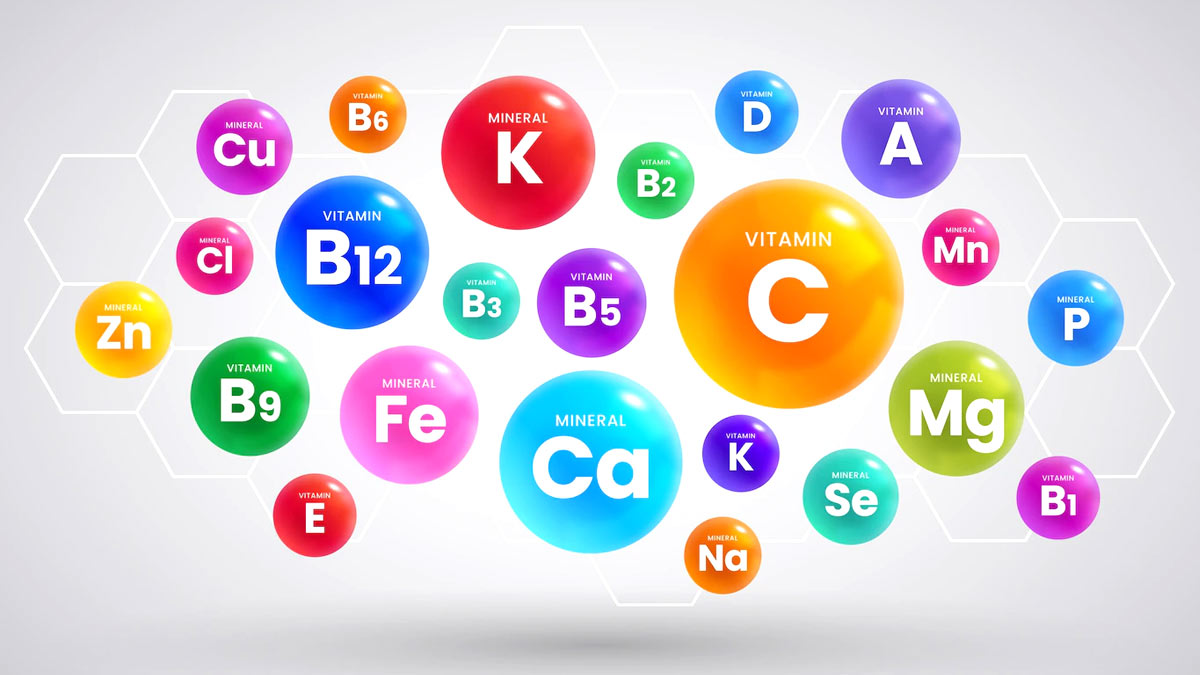
In today's health-conscious world, many people turn to multivitamin supplements as a means to ensure they are meeting their nutritional needs. While these supplements can be beneficial when used appropriately, there is a risk associated with excessive consumption. Taking too many vitamins and minerals can lead to a range of side effects that may have serious consequences for your health.
Table of Content:-
Side Effects of Excessive Multivitamin Consumption
Talking along the lines, we spoke to our expert Dr Bhumesh Tyagi, General Physician, Sharda Hospital to shed some light on the same. Here is what he shared with us.
1. Toxicity Concerns
One of the primary concerns with excessive multivitamin consumption is the risk of toxicity. Certain vitamins and minerals, including calcium, iron, vitamin D, and vitamin A, can be harmful when taken in high doses. Symptoms of toxicity can include headaches, dizziness, nausea, vomiting, diarrhoea, abdominal discomfort, and in severe cases, organ damage. It's important to remember that the body has a limited capacity to process and eliminate these nutrients, so consuming them in excess can overwhelm its natural systems.

2. Nutrient Imbalances
Another potential consequence of overdoing it with multivitamins is the disruption of the body's nutrient balance. Taking excessive amounts of a single vitamin or mineral can throw off the delicate equilibrium that exists within the body, leading to imbalances or deficiencies in other nutrients. For example, high doses of zinc may interfere with the absorption of copper, while an excess of vitamin C can inhibit the uptake of copper and selenium. This imbalance can have wide-ranging effects on overall health and wellbeing.
Also Read: Why Avocados Are a Diabetic's Best Friend: Know From Our Expert
3. Gastrointestinal Discomfort
In addition to disrupting nutrient balance, excessive multivitamin consumption can also cause gastrointestinal discomfort. Many multivitamin supplements contain substances that can irritate the digestive tract, leading to symptoms such as gas, bloating, constipation, or diarrhoea. These side effects can be uncomfortable and may deter individuals from continuing to take their supplements as directed.

4. Allergic Reactions and Sensitivities
Furthermore, some people may experience adverse reactions to certain additives, fillers, or components found in multivitamin supplements. These reactions can manifest as skin rashes, itching, swelling, or difficulty breathing. It's essential to carefully read the ingredients list and consult with a healthcare professional if you have any concerns about potential allergens or intolerances.
Also Read: Is Salicylic Acid the Secret to Clearer Skin? Here Are Its Potential in Your Skincare Routine
5. Interactions with Medications
Finally, it's crucial to consider the potential interactions between multivitamins and other medications. Certain vitamins and minerals can interact with prescription drugs, either reducing their effectiveness or increasing the risk of side effects. For example, vitamin E can enhance the effects of blood-thinning medications, potentially leading to an increased risk of bleeding. Similarly, vitamin K can interfere with blood thinners like warfarin, making it more challenging to maintain a consistent level of anticoagulation.
A Final Word
While multivitamin supplements can play a valuable role in supporting overall health, it's essential to use them responsibly. Taking excessive amounts of vitamins and minerals can have serious consequences, including toxicity, nutrient imbalances, gastrointestinal discomfort, allergic reactions, and interactions with medications. If you're considering adding a multivitamin to your daily routine, be sure to talk to your healthcare provider first to determine the appropriate dosage and ensure that it won't interfere with any other medications or conditions you may have. Your health is too important to gamble with, so always prioritise safety and moderation when it comes to supplementation.
Also watch this video
How we keep this article up to date:
We work with experts and keep a close eye on the latest in health and wellness. Whenever there is a new research or helpful information, we update our articles with accurate and useful advice.
Current Version